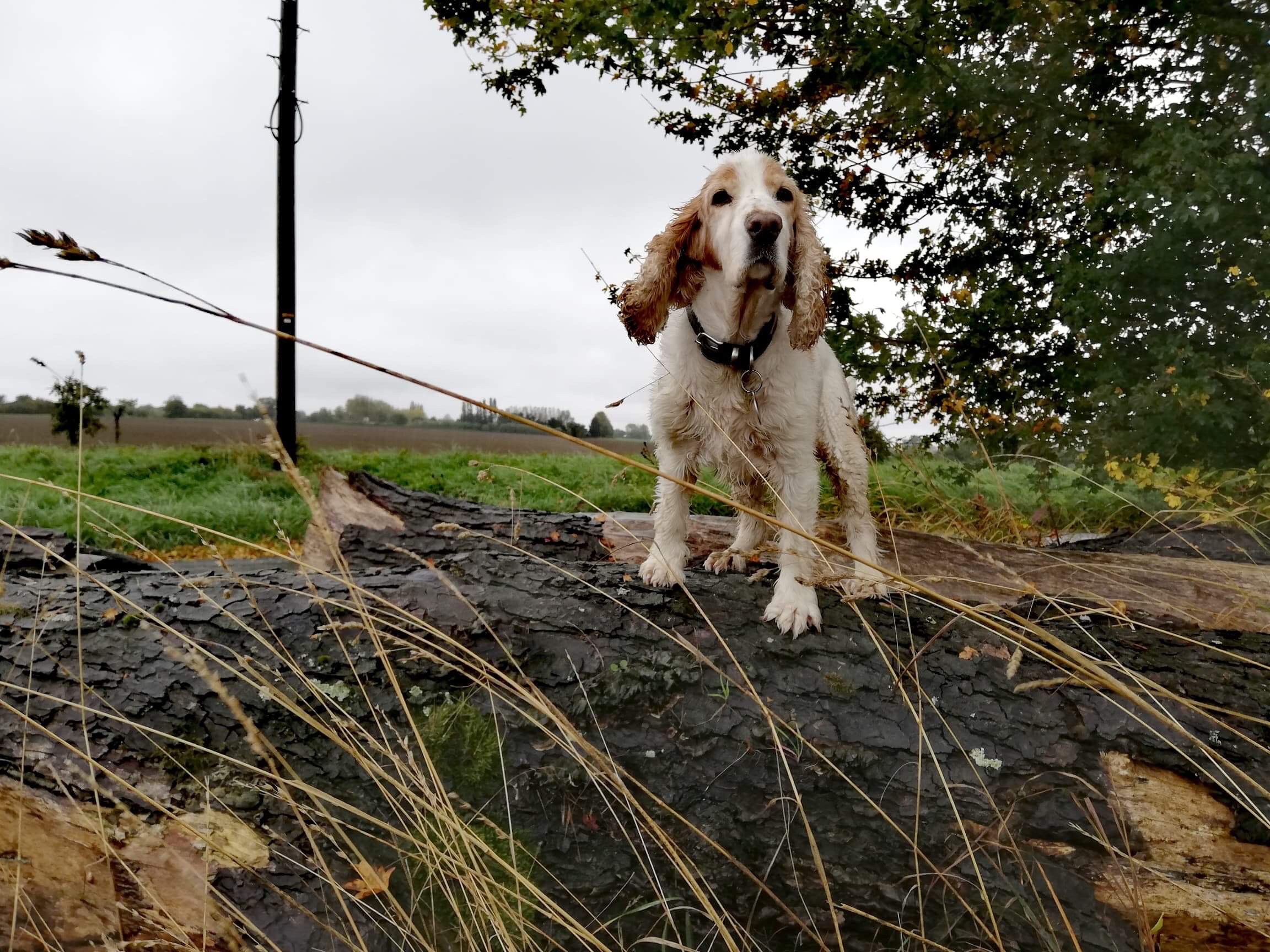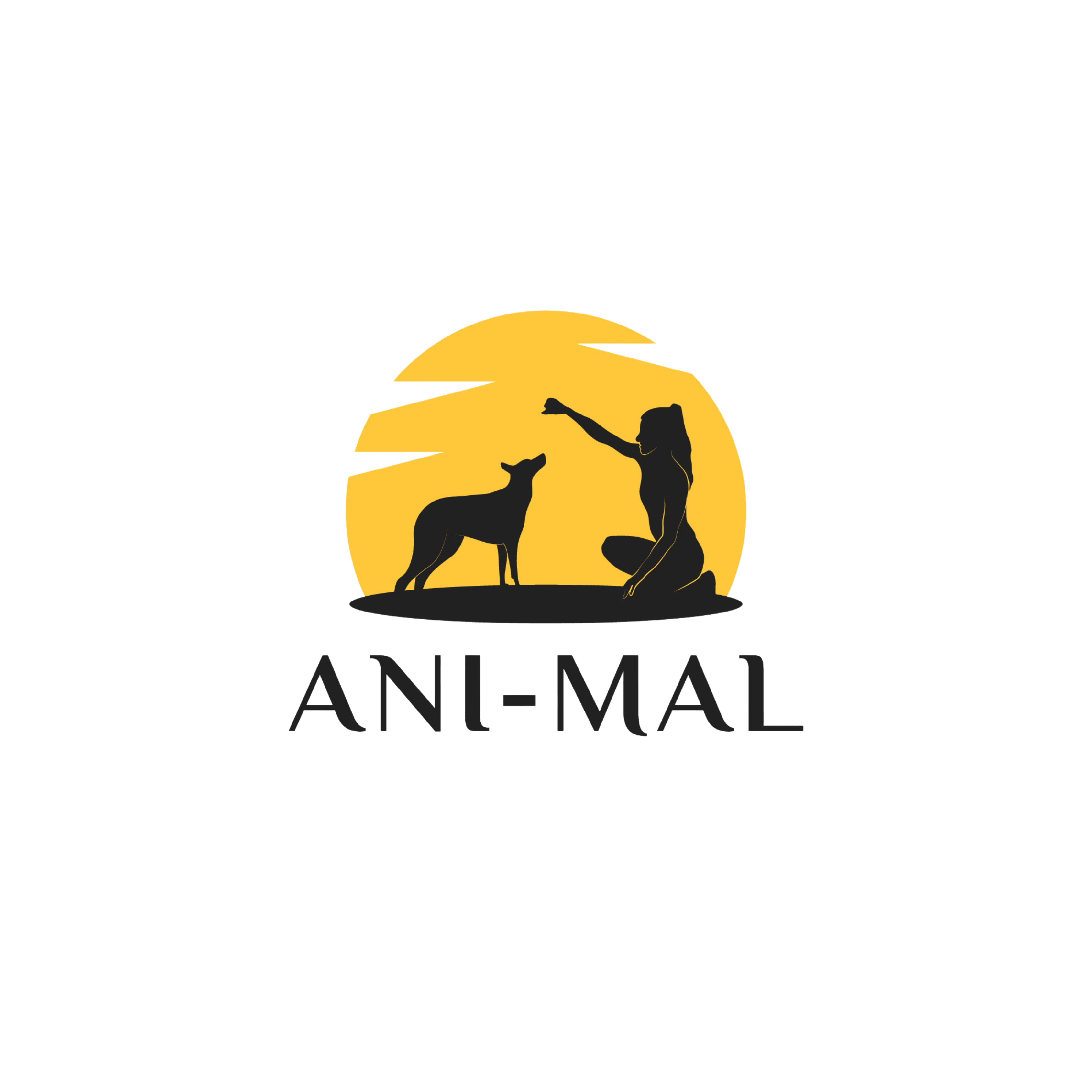
01 Jul Legal and Moral Responsibilities of a dog Trainer & Behaviourist
The legal responsibilities of a Dog Trainer are to promote the dogs welfare at all times, making every effort not to create undesirable behaviour in the dogs they are working with. This means that during sessions and even just observational stages, the trainer should work to minimise stress in the dog and carry out assessment in the safest way possible.
During the assessment stages the trainer should be sure to take into account the dogs life in a holistic way, including vet records, behavioural history and any relevant details from the owner. pmi-001 This information should be combined with the dogs age, sex, breed and developmental history as well as the dogs current lifestyle. Asessment should include questioning the owner on the dogs enrichment, social outlets, diet, exercise routine etc.
From this point onwards it is the trainers responsibility to ensure that any training or remedial actions put in place for the dog are fully understood by the owner. The owner should feel happy and comfortable with this plan an areas should be revised where appropriate or necessary in light of new information or behavioural developments. If appropriate, the trainer should feel comfortable referring cases on to more qualified or experienced trainers.
When advising owners in the use of tools, they should be fully explained and demonstrated if necessary. Proper handling should always be promoted.
Only humane and appropriate tools should be used that are necessary in aiding the training in that individual case.
Any trainer or behaviourist working with dogs should be fully aware of their duty and care over any animals in accordance to the most up to date welfare legislation. QV_DEVELOPER_01 They should also be able to carry out any relavent risk assessments and understand the health and safety policies that may apply to certain training environments and situations.
Another important moral obligation associated with dog training is the individuals dedication to Continued Professional Development. This includes keeping up to date in scientific advances in training.
The last point to touch on here is that of business insurance. It is of the upmost importance that the individual is covered by professional indemnity/ liability insurance at all times.


Sorry, the comment form is closed at this time.